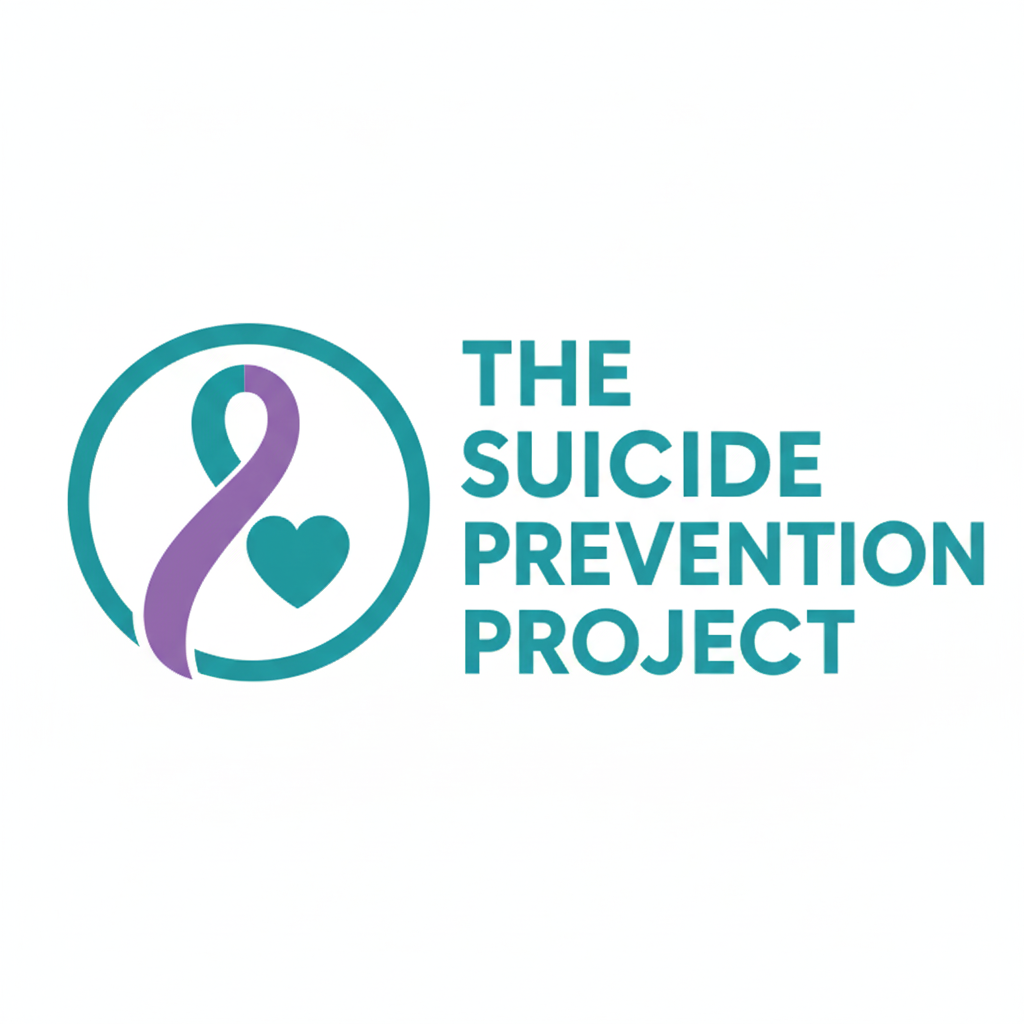They are the heroes we call in our darkest moments—the firefighters rushing into burning buildings, the paramedics battling to save lives, the police officers facing danger on every shift. They wear their uniforms with pride, embodying strength, courage, and resilience. But beneath those uniforms are human beings—people who feel pain, fear, and trauma just like anyone else. And yet, too often, their emotional wounds go unseen, untreated, and unheard.
First responders are expected to be invincible. To stay calm in chaos, to carry the weight of tragedy without breaking. But the truth is, nobody is made to shoulder such burdens alone. Every call they answer, every life they try to save, leaves a mark. The screams, the blood, the loss—it doesn’t just vanish when the shift ends. It lingers, festers, and can crush the spirit if left unchecked.
Mental health isn’t a sign of weakness. It’s a reality. Depression, anxiety, PTSD—they are silent battles many first responders fight daily. The stigma around seeking help only deepens the wounds. “Be tough,” they’re told. “Push through.” But how long can anyone push before they break?
We owe it to those who run toward danger to create a space where they can be vulnerable without fear. Support systems, counseling, peer networks—these are not luxuries but necessities. When we invest in the mental well-being of our first responders, we honor their sacrifice and protect their future.
Remember, the uniform may shield them from the world’s eyes, but it doesn’t shield their hearts. Let’s stand beside them—not just in gratitude, but in action. Because they need us to be their strength when theirs falters. They need us to listen, to understand, and most of all, to support.
First responders save lives every day. Now, it’s time we save theirs too.


Leave a Reply